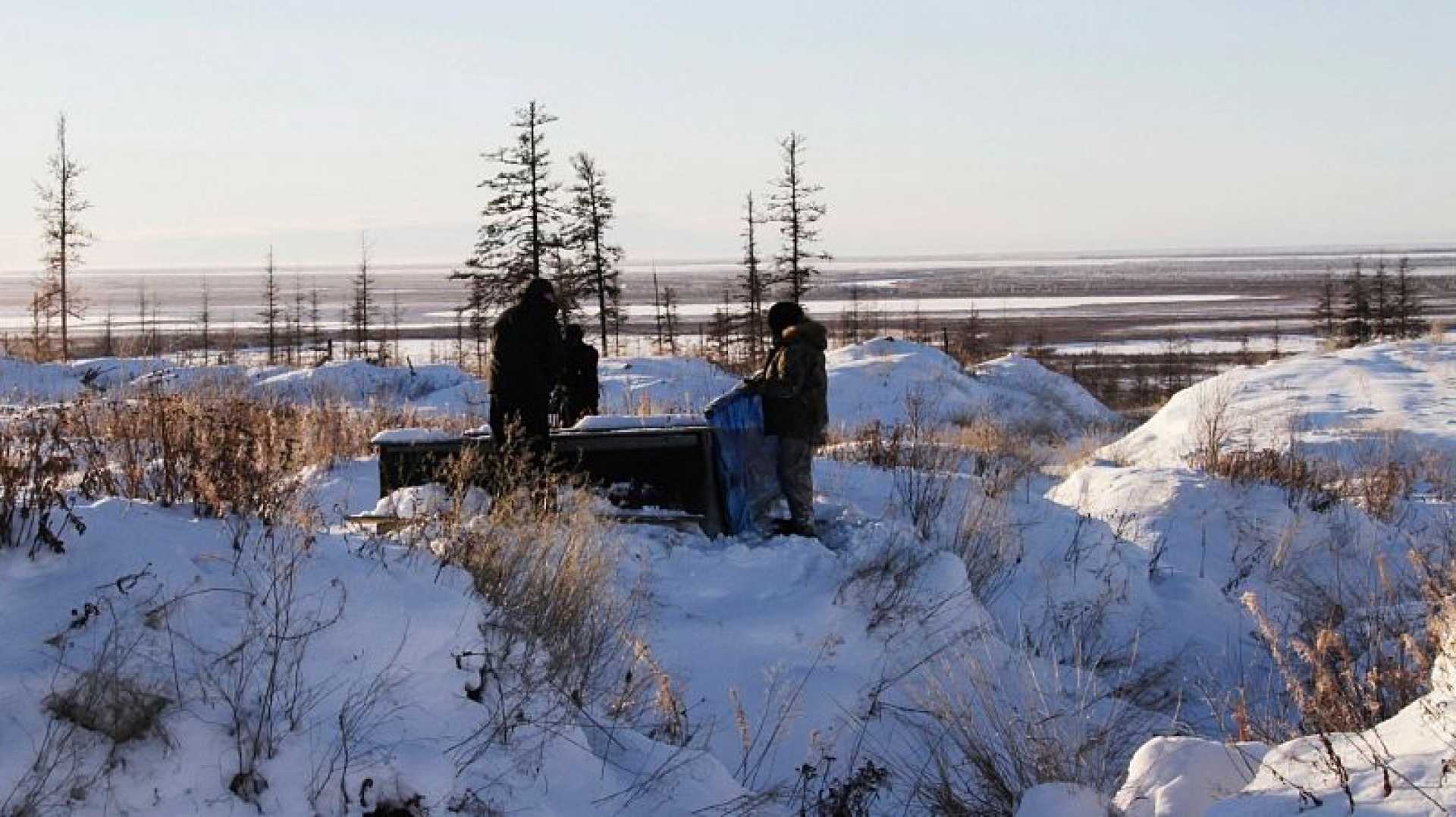News
Arctic Data Blackout: Impact of Russia’s Isolation from the Arctic Council

In June of 2024, Russian scientists in Yakutia encountered a notable discovery: the frozen remains of a 44,000-year-old wolf embedded within the permafrost. Situated in the northern part of Eastern Siberia, Yakutia comprises nearly a third of Russia’s Arctic district. Significant portions of the region remain trapped in permafrost, a condition where ground remains at or below zero degrees Celsius for extended periods. This permafrost sequesters carbon from decomposed plants, containing four times the carbon emissions of recorded human history. Its release is irreversible, affecting sea-level rise and temperature changes, while exacerbating extreme weather conditions. Meanwhile, the Arctic continues warming at an accelerated pace, far outpacing the rest of the world.
The Russian conflict with Ukraine, initiated in early 2022, has significantly influenced international scientific collaborations. Following this confrontation, Western members of the Arctic Council, including stakeholders such as Germany, Canada, and the United States, ceased their cooperative engagements with Russia. This severed connection halted data flows vital for global climate understanding. German permafrost scientist, Dr. Anne Morgenstern, highlighted the absence of data originating from Russian areas of the Arctic.
Established in 1996, the Arctic Council consists of eight nations with territories within the Arctic Circle—Canada, Denmark, Finland, Iceland, Norway, Sweden, the United States, and Russia. This council focuses on non-military concerns, like sustainable economic development and scientific inquiry. According to Morten Høglund, Chair of the Senior Arctic Officials, the ongoing exclusion of Russia impairs the council’s comprehensiveness and deliberations.
The lack of collaboration leaves Western scientists reliant on satellite imagery and scientific models to study the Arctic. However, Troy Bouffard from the Center for Arctic Security and Resilience at the University of Alaska points out that these models are less reliable without Russian data inputs. The limited ground observations make predictions about the Arctic’s ecological changes less accurate, as noted in a report published by the journal Nature.
Meanwhile, the geopolitical dynamics within the Arctic are evolving. Jennifer Spence from Harvard University notes new dynamics following Sweden’s and Finland’s joining NATO, affecting the Arctic Council’s dynamics. Western scientists fear that collaborative efforts will stall until the geopolitical situation with Russia changes or stabilizes.
Russian researchers, however, like those from Lomonosov Moscow State University, suggest that cooperation could continue independently with nations beyond the traditional Arctic Council. Nikolai Shabalin, who has observed recent partnerships between Russia and countries like China, argues that research projects in Russia’s Arctic region proceed independently of Western support.
As energy geopolitics complicate further, Russia’s suspension of its financial contributions to the Arctic Council earlier in the year underscores broader issues of political isolation and its repercussions on scientific endeavors. Shabalin warns that disregarding half of the Arctic region could skew understandings of global ecological processes, particularly those influenced by climate change.
Shabalin emphasizes that scientific exploration, especially studies focused on natural environments, should remain separate from political conflicts to further human understanding comprehensively across national borders.












